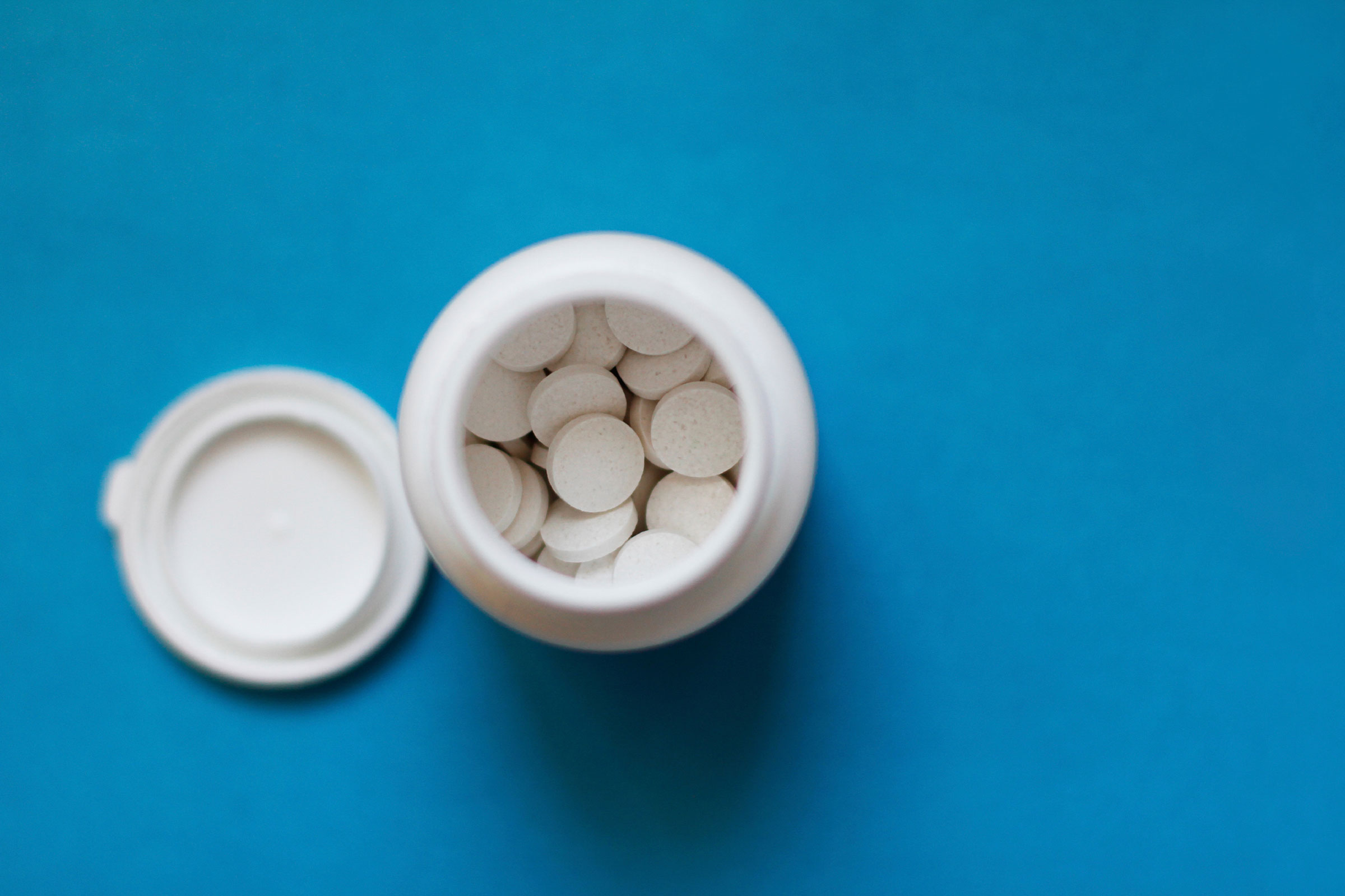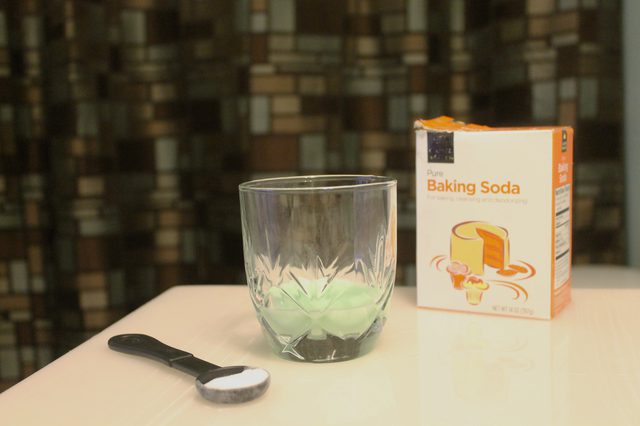It can be very embarrassing for somebody to tell you that you have dandruff over your shoulders, back or bosom. The dandruff menace affects the scalp and may be mild with patches of scaling, or more serious with thick crusts all over the head. Causes of dandruff include scalp dryness, a skin condition known as seborrheic dermatitis, psoriasis, eczema, or the result of overgrowth of a malassezia fungus. Luckily, some natural remedies can help you get rid of dandruff fast.

How to Get Rid of Dandruff Fast
1. Comb It Out with Dry Shampoo
You can clean out dandruff and moisturize scalp using dry shampoo. Available in spray or powder forms, dry shampoo can be bought from a drugstore or an online store. Apply it by spraying on your hair or sprinkling on your scalp. You then comb it in to comb out flakes of dandruff. Make sure to rinse the comb every time you run it through your hair.
2. Apply Warm Mineral Oil
Apply some warm mineral oil to your scalp and massage it in gently. This will help keep your scalp moisturized and also reduce flaking. However, only use pure mineral oil meant for use on skin and certified by regulatory authorities such as the FDA.
Natural oil such as 5% tea tree oil has also been found to help. And while peanut and olive oils may be used, there are claims that they may serve as food for the fungus which can worsen the condition instead of alleviating it.
- Only warm the oil, do not let it heat up.
- After applying the oil, leave it on for a few hours. Use a shower cap to cover your head and keep hair clean.
- Wash off the oil using shampoo.
3. Increase the Frequency of Shampooing
How to get rid of dandruff fast? If you have seborrheic dermatitis, your scalp gets irritated by oily skin of your scalp. This causes dandruff and can be made worse by hair oil. To reduce the irritation, shampoo your hair frequently to clean off the irritants and keep scalp free from dandruff.
4. Select an Anti-Dandruff Shampoo
You will find many different anti-dandruff products in the market. But you need to choose carefully.
Mild Dandruff
In case you have mild dandruff with minimal itching, choose a shampoo that contains urea or salicylic acid. These will help remove dead skin. When using these products, make sure you also apply a moisturizing conditioner to prevent an excessively dry scalp.
Severe Dandruff
If you have severe dandruff characterized by thick flakes on the scalp, it is likely that you have an overgrowth of a fungus known as malassezia. This skin surface yeast may also affect your immune system.
- To deal with severe dandruff, go for a shampoo containing at least 1% ketaconozole. A shampoo containing ciclopirox can also help, as will one containing at least 1% selenium sulfide. However, selenium sulfide may cause a buildup of oils on the scalp.
- If over-the-counter products don’t seem to help, consult your doctor who may prescribe stronger shampoos such as 2% ketaconozole anti-fungal shampoo.
- For coarse hair that dries out excessively, you may need to use a topical steroid ointment like fluocinolone acetonide.
Once your dandruff condition has improved, cut down on the times of shampooing so that you do it once, twice or thrice per week.
5. Use Aspirin

Are wondering what the place of aspirin is in the discussion of how to get rid of dandruff fast? Turns out that central ingredient of aspirin called salicylate has dandruff-fighting properties. This is the reason why salicylate is present in most anti-dandruff shampoos.
- Crash two aspirin tablets into powder, add it to your regular shampoo and mix well.
- Apply to your hair and leave it for about 3 minutes.
- Rinse it off with water.
6. Try Baking Soda

The baking soda in your kitchen is another great method to get rid of dandruff. Applying baking soda helps remove oil and dandruff flakes from your hair and scalp.
- Mix 1 to 2 tablespoons of baking soda with some lukewarm water to form a paste.
- Apply the paste to your scalp and massage it in for 2 minutes before rinsing it off.
- For best results, repeat this procedure two to three times per week for two weeks.
For similar results, add 1 to 2 tablespoons of baking soda to your regular hair shampoo.
7. Wash Hair with Lemon Soup

Lemon is a handy fruit with lots of health benefits including treating different skin conditions. It is credited for use in how to get rid of dandruff fast. Because lemon contains citric acid, avoid applying it directly. Instead, do the following:
- Boil peels from four lemons in four cups of water and set it aside to cool.
- Once the lemon soup cools down, use it to wash your hair.
- Repeat twice per week for great looking hair free from dandruff.
8. Apple Cider Vinegar

Apple cider vinegar (ACV) has many health benefits. ACV is anti-inflammatory and antibacterial, helping manage hair condition and remove dandruff. These properties help it to clear dandruff within days or weeks. For best results, use undiluted organic ACV.
- You can mix ACV with cool water in the portion of 1.1 to massage your hair.
- Alternatively, blend ACV with your regular shampoo to wash hair. Leave the shampoo for 3-4 minutes and then wash it off.
More Tips to Remove Dandruff Fast
- Some skin irritations, including dandruff may result from stress, depression, or anxiety. Dealing with these conditions can help get rid of dandruff. Mediation, yoga, walking, running, and other exercises can help relieve stress and anxiety. Massage therapy may also help, as will diffusing lavender oil in your bedroom or living area.
- Diet could also affect your dandruff. Include probiotic foods such as natural yoghurt, sauerkraut, and kefir in your diet. Probiotics help fight dandruff in addition to other health benefits such as boosting your immunity.
- Include omega-3 fatty acids in your diet by having regular helpings of freshly caught wild salmon and other food items such as chia seeds. Omega-3 fatty acids have many health benefits including hydration of skin and scalp.
When to See a Dermatologist
While dandruff is a common and generally mild condition, in case the condition does not go away even after using the above remedies, you should consider consulting a dermatologist. The dermatologist will determine if you have a more serious condition in which case, he/she will offer you appropriate treatment options.
